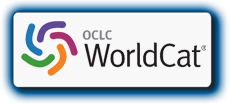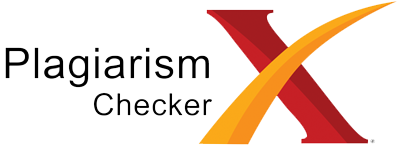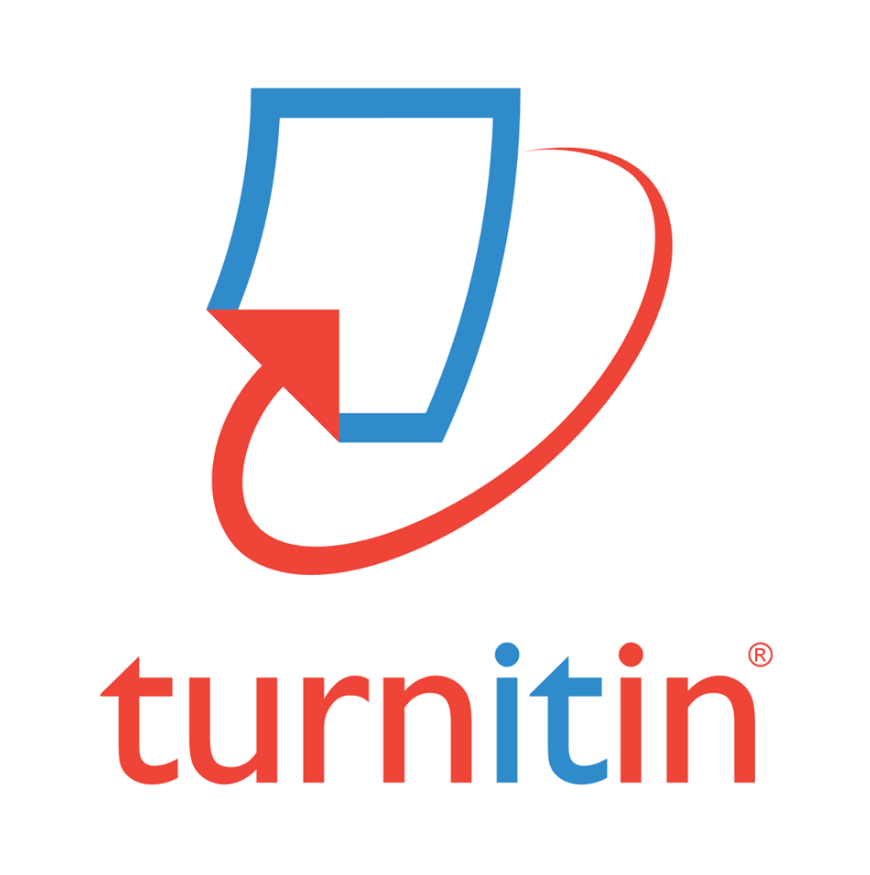Adaptasi Alat Ukur Regulasi Diri Dalam Belajar Daring
Abstract
Abstrak: Regulasi diri dalam belajar merupakan keterampilan belajar krusial yang perlu dimiliki oleh setiap pebelajar. Terlebih lagi para pebelajar yang belajar secara daring di tengah pandemi Covid-19. Penelitian ini bertujuan untuk mengadaptasi skala regulasi diri dalam belajar secara daring Online Self-regulated Learning Questionnaire (OSLQ) yang dikembangkan oleh Barnard dan rekan (2009) ke dalam Bahasa Indonesia dan dilakukan uji reliabilitas serta validitas. Partisipan penelitian adalah 399 mahasiswa dari berbagai wilayah di Indonesia yang sedang melakukan pembelajaran daring. Hasil penelitian menunjukkan bahwa adaptasi yang terdiri dari 24 butir pernyataan OSLQ adalah reliabel dengan koefisien Cronbach’s Alpha .915 dan valid dengan validitas konstruk koefisien Corrected Item Total Correlation di antara .409 - .708. Validitas konstruk berdasarkan Confirmatory Factor Analysis juga menunjukkan model fit. Sehingga, alat ukur dapat dimanfaatkan untuk penelitian mengenai regulasi diri dalam belajar daring di Indonesia.
Abstract: Self-regulated learning is crucial learning skill for every learners. Moreover, students are learning online in the midst of the Covid 19 pandemic. This study aims to adapt the scale of Online Self-regulated Learning Questionnaire (OSLQ) developed by Barnard and colleagues (2009) into Bahasa Indonesia and to perform reliability and validity tests. Participants in this study were 399 college students who are doing online learning and are scattered from various regions in Indonesia. The research results show that the scale adaptation which consists of 24 items are reliable with a Cronbach’s Alpha coefficient .915 and valid with the construct validity of the Corrected Item Total Correlation coefficient are on range .409 - .708. The construct validity based on Confirmatory Factor Analysis also shows the model fit. Therefore, the adapted scale can be used within Indonesian participants.
Keywords
Full Text:
PDFReferences
Adam, N. L., Alzahri, F. B., Cik Soh, S., Abu Bakar, N., & Mohamad Kamal, N. A. (2017). Self-Regulated learning and online learning: A systematic review. Advances in Visual Informatics Lecture Notes in Computer Science, 10645 LNCS, 143–154. https://doi.org/10.1007/978-3-319-70010-6_14
Aiken, Lewis; Groth-Marnatt, G. (2006). Psychological Testing and Assessment. Allyn and Bacon.
Ally, M. (2004). Foundations of educational planning. Theory and Practice of Online Learining, 1977.
Alotaibi, K. (2017). The Relationship Between Self-Regulated Learning and Academic Achievement for a Sample of Community College Students at King Saud University. Education Journal, 6(1), 28–37. https://doi.org/10.11648/j.edu.20170601.14
Barnard, L., Lan, W. Y., To, Y. M., Paton, V. O., & Lai, S. L. (2009). Measuring self-regulation in online and blended learning environments. Internet and Higher Education, 12(1), 1–6. https://doi.org/10.1016/j.iheduc.2008.10.005
Beaton, Dorcas; Bombardier, C., & Guillemin, Francis; Ferraz, M. B. (2000). Guidelines for the Process of Cross-Cultural Adaptation of Self-Report Measures. Spine, 25(24), 3186–3191. https://doi.org/10.1080/000163599428823
Broadbent, Jaclyn; Panadero, Ernesto; Lodge, Jason; Barba, de P. (2020). Technologies to Enhance Self-Regulated Learning in Online and Computer Mediated Learning Environments. In Handbook of Research in educational Communications and Technology.
Broadbent, J., & Poon, W. L. (2015). Self-regulated learning strategies & academic achievement in online higher education learning environments: A systematic review. Internet and Higher Education, 27(September), 1–13. https://doi.org/10.1016/j.iheduc.2015.04.007
Cho, M. H., & Cho, Y. J. (2017). Self-regulation in three types of online interaction: a scale development. Distance Education, 38(1), 70–83. https://doi.org/10.1080/01587919.2017.1299563
Garson, G. D. (2013). Factor Analysis. Statistical Associates Publishers.
Harususilo. (2020). Belajar dari Rumah lewat TVRI, Berikut Tayangan yang Akan Diberikan Halaman all - Kompas.com.
Hood, N., Littlejohn, A., & Milligan, C. (2015). Context counts: How learners’ contexts influence learning in a MOOC. Computers and Education, 91, 83–91. https://doi.org/10.1016/j.compedu.2015.10.019
Kimberlin, C. L., & Winterstein, A. G. (2008). Validity and reliability of measurement instruments used in research. American Journal of Health-System Pharmacy, 65(23), 2276–2284. https://doi.org/10.2146/ajhp070364
L.-T., H., & M., B. P. (1999). Cutoff criteria for fit indexes in covariance structure analysis: conventional criteria versus new alternatives. Structural Equation Modeling, 6(1), 1–55. https://doi.org/https://doi.org/10.1080/10705519909540118
Latipah, E. (2010). Strategi Self Regulated Learning dan Prestasi Belajar: Kajian Meta Analisis. Jurnal Psikologi, 37(1), 110 – 129–129. https://doi.org/10.22146/jpsi.7696
Mediana. (2020). Dinilai Sudah Tepat, Gubernur Anies Liburkan Sekolah demi Antisipasi Covid-19 - Kompas.id.
Nunnally, Jum; Bernstein, I. (1994). Psychometric Theory. Donnelley & Sons Company.
Onah, D. F. O., & Sinclair, J. E. (2017). Assessing Self-Regulation of Learning Dimensions in a Stand-alone MOOC Platform. International Journal of Engineering Pedagogy (IJEP), 7(2), 4–21. https://doi.org/10.3991/ijep.v7i2.6511
Pintrich, P. R. (2000). The Roal of Goal Orientation in Self-Regulated Learning. In Handbook of Self-Regulation (pp. 451–502).
Pintrich, P. R., Smith, D. A. F., Garcia, T., & Mckeachie, W. J. (1993). Reliability and Predictive Validity of the Motivated Strategies for Learning Questionnaire (Mslq). Educational and Psychological Measurement, 53(3), 801–813. https://doi.org/10.1177/0013164493053003024
Prodjo. (2020). Antisipasi Corona, UI Terapkan Pembelajaran Jarak Jauh Mulai 18 Maret.
Richardson, M., Abraham, C., & Bond, R. (2012). Psychological correlates of university students’ academic performance: A systematic review and meta-analysis. Psychological Bulletin, 138(2), 353–387. https://doi.org/10.1037/a0026838
Sardareh, S. A., Saad, M. R. M., & Boroomand, R. (2012). Self-Regulated Learning Strategies (SRLS) and academic achievement in pre-university EFL learners. Education, XXXVII(1), 1–35.
Serdyukov, Peter & Hill, R. (2013). Flying with clipped wings: are students independent in online college classes?
Setiyani, R. (2010). Pemanfaatan Internet Sebagai Sumber Belajar. Dinamika Pendidikan Unnes, 5(2), 117–133. https://doi.org/10.15294/dp.v5i2.4921
Shaughnessy, John;; Zechmeister, Eugene; Zechmeister, J. (2012). Research Methods in Psychology. McGraw-Hill.
Wang, C. H., Shannon, D. M., & Ross, M. E. (2013). Students’ characteristics, self-regulated learning, technology self-efficacy, and course outcomes in online learning. Distance Education, 34(3), 302–323. https://doi.org/10.1080/01587919.2013.835779
Wong, J., Baars, M., Davis, D., Van Der Zee, T., Houben, G. J., & Paas, F. (2019). Supporting Self-Regulated Learning in Online Learning Environments and MOOCs: A Systematic Review. International Journal of Human-Computer Interaction, 35(4–5), 356–373. https://doi.org/10.1080/10447318.2018.1543084
Xiao, S., Yao, K., & Wang, T. (2019). The Relationships of Self-regulated Learning and Academic Achievement in University Students. SHS Web of Conferences, 60, 01003. https://doi.org/10.1051/shsconf/20196001003
Yen, C.-J., Tu, C.-H., Sujo-Montes, L., & Sealander, K. (2016). A Predictor for PLE Management: Impacts of Self- Regulated Online Learning on Students’ Learning Skills. Journal of Educational Technology Development and Exchange, 9(1). https://doi.org/10.18785/jetde.0901.03
Zimmerman, B. (2000). Attai n i n g self-regulation. In Handbook of Self-Regulation (pp. 13–39). Academic Press.
Zimmerman, B. J. (1989). A Social Cognitive View of Self-Regulated Academic Learning. Journal of Educational Psychology, 81(3), 329–339. https://doi.org/10.1037/0022-0663.81.3.329
Zimmerman, B. J., & Schunk, D. H. (2015). Self-Regulated Learning and Performance. Handbook of Self-Regulation of Learning and Performance, 11237. https://doi.org/10.4324/9780203839010.ch1
DOI: http://dx.doi.org/10.17977/um039v6i12021p301
Refbacks
- There are currently no refbacks.
Copyright (c) 2021 Tejarukmi Mutiara, Tjut Rifameutia

This work is licensed under a Creative Commons Attribution-ShareAlike 4.0 International License.
Edcomtech: Jurnal Kajian Teknologi Pendidikan published by Department of Educational Technology, Faculty of Education, State University of Malang in Collaboration with Asosiasi Program Studi Teknologi Pendidikan Indonesia (APS TPI) and Ikatan Profesi Teknologi Pendidikan Indonesia (IPTPI) with MoU.
Publisher Address:
Lab. Teknologi Pendidikan, Gd.E2, Lt.1
Fakultas Ilmu Pendidikan Universitas Negeri Malang
Jalan Semarang No 5, Kota Malang Kode Pos 65145
Email: edcomtech.fip@um.ac.id
========================================================================================================
| INDEXED BY | TOOLS | PLAGIARISM CHECK | ARTICLE TEMPLATE |
|

Edcomtech is licensed under a Creative Commons Attribution-ShareAlike 4.0 International License.
Edcomtech Statistics (Since July 13th, 2020)


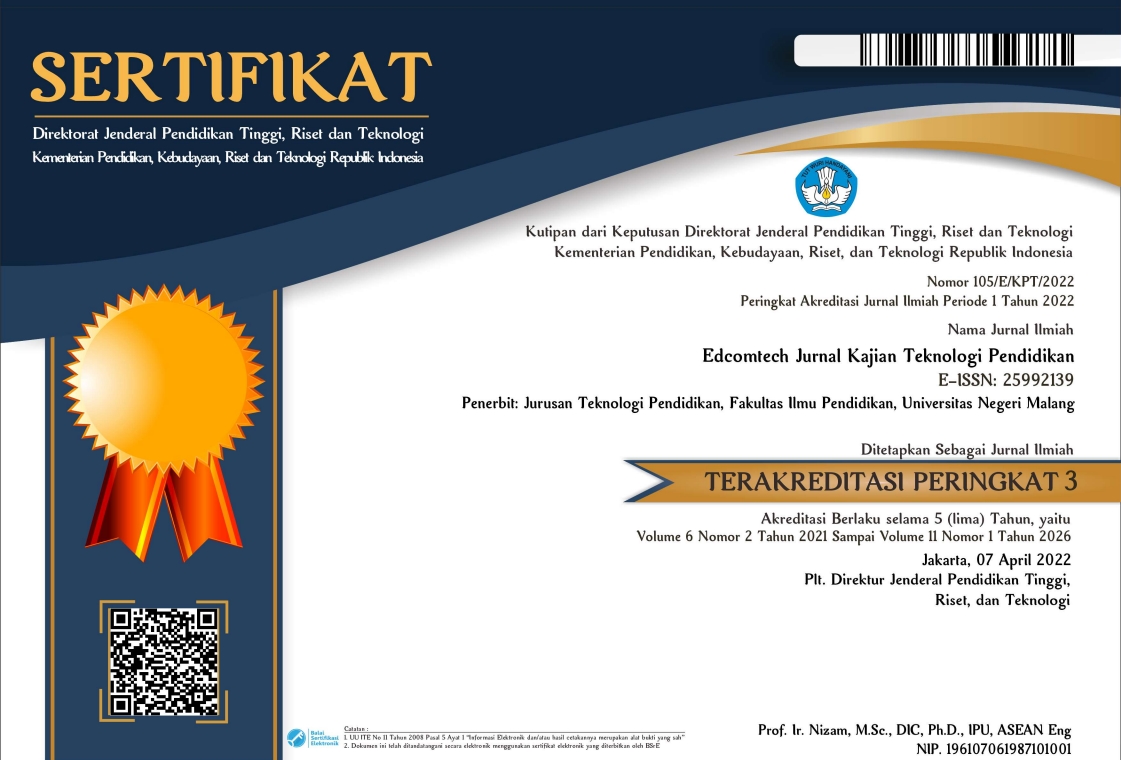



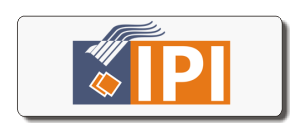

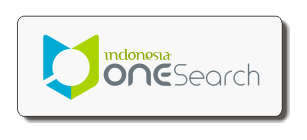



1.png)
